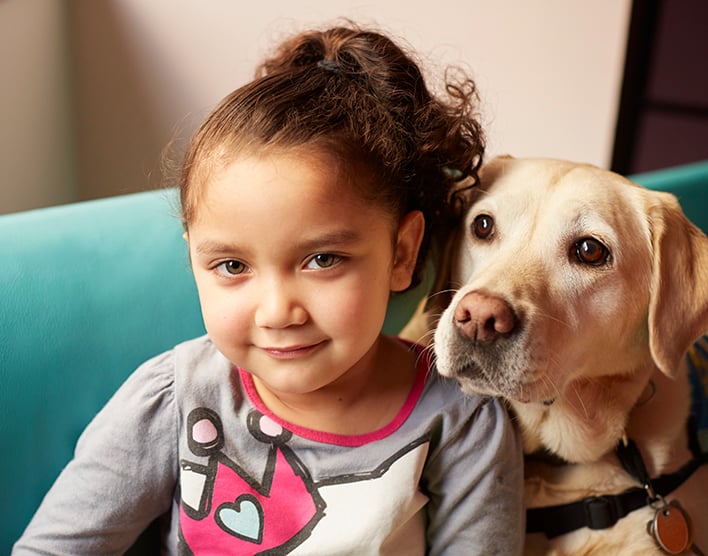In many ways, Jajuan Alcorn and Jibri Brown led parallel lives.
Both lived in Oakland. Both had devastating kidney disease called focal segmental glomerulosclerosis, or FSGS. And both needed dialysis for kidney failure.
The two met when they were boys several years ago, in the same room at UCSF’s pediatric dialysis unit.
One day Alcorn's mother, GeeGee Mitchell, had to go to work and leave her young son behind. Brown, who is five years older than her son, approached her.
"This little Jibri kid said, 'You can go. I'll watch him.' I just fell in love with him, and I kind of adopted him as my godson," Mitchell said.
Through the long days spent tethered to a dialysis machine, the two boys bonded. Each understood what it was like to suffer kidney failure.
'Someone who knows where I'm coming from'
"It's easier to talk to someone who knows where I'm coming from," said Brown, who is now 25. "Random people ask me the same questions. In school, friends would ask me, 'Why you gone Monday, Wednesday in the middle of the day (for dialysis)?'"
Life on dialysis can be disruptive and demanding. Patients have a catheter on their chest and must follow special diets and fluid restrictions. In addition, young patients often have to explain to peers why they're gone from school so often.
"From a social standpoint, it's especially hard for teenagers," said Molly Keane, a clinical social worker at UCSF Benioff Children's Hospital San Francisco. "You want to fit in when you're in middle school and high school. It makes kids feel different."
Brown and Alcorn didn't need to explain things to each other. Each understood exactly what the other was going through.
"It was an automatic click. He just came in and (he's) been there ever since," said Alcorn, who is now 20.
They'd catch BART together to get to their appointments. Afterwards, the boys would pick up their medication and play basketball, if they felt well enough.
They've become family, so much so that Brown moved in with Alcorn and his relatives in 2011.
Challenges of transplants for young patients
Brown received a diagnosis of FSGS at 13 and Alcorn at age 7, after experiencing kidney problems since he was a baby. The disease scars the kidney, which leads to organ failure.
Around the same time in 2006, they both received kidney transplants.
Brown, 15 at the time, said he stopped taking the drugs that help prevent organ rejection, because he felt better.
"I didn't know the severity," he said.
Brown's transplant failed three years later, and he was back on dialysis. Alcorn's transplant failed for similar reasons, after he neglected to take the drugs because he was young and didn't fully understand the situation.
After learning a very serious lesson, Brown received a second transplant at 22. This time around, he takes his medication fastidiously.
"I was an adult, and I wasn't going to do the other things I did as a kid," he said. "I follow up with my appointments. The most important thing is the pills after the transplant."
Even today, the two young men still come to dialysis together as Alcorn awaits a second kidney transplant of his own. Brown no longer needs dialysis, but he drives and accompanies Alcorn to his appointments at UCSF three times a week.
"They're a blessing to each other," Alcorn's mom said. "These boys are brothers. They know all about this sickness and disease they've experienced all their lives."
At the hospital, they play games or watch movies to pass the time. Other times, they try to catch up on sleep.
A friend and role model
"He's not only a best friend; he's a real role model for Jajuan," said Keane, the social worker. "It's an isolating illness and to have a buddy to go through it with you, it’s been invaluable."
Alcorn says dialysis has never felt lonely or isolating, mainly because Brown was there with him.
And Brown has his own reasons for supporting Alcorn throughout the years.
"Before I met him, it was me alone," Brown said. "I was a 14-year-old doing dialysis and I lacked support on my own.
"I just had to grow up so fast, so I want to look out for him."






























